|
In the realm of culinary dishes, herbs and spices are the unsung heroes, capable of transforming ordinary meals into something extraordinary. Beyond their flavor-enhancing properties, herbs and spices also pack a nutritional punch, making them essential ingredients you can use for everyday cooking. Let's delve into the international world of herbs and spices and explore how you can spice up your life and your meals. The Power of Herbs and Spices Herbs and spices have been prized for centuries for their medicinal properties and culinary uses. Not only do they add depth and complexity to dishes, but many also boast impressive health benefits. From boosting immunity to reducing inflammation and improving digestion, the potential health perks of incorporating herbs and spices into your diet are many. Getting Started: Essential Herbs and Spices If you're a total beginner using herbs and spices, it can be quite overwhelming to know where to begin. Although there are PLENTY of choices to choose from, start with the basics of stocking your pantry with some essential herbs and spices that can elevate a wide range of dishes: Basil: With its sweet, slightly peppery flavor, basil is a versatile herb that pairs well with tomatoes, pasta dishes, salads, and more. Although you can use dried, this is one spice you want to use fresh instead to reap the full flavor potential in dishes. Try using fresh basil in my hemp pesto recipe.  Cinnamon: Beyond its use in sweet treats, cinnamon adds warmth and depth to savory dishes like stews, curries, and roasted vegetables. Several cuisines such as Middle Eastern, Indian and North African use cinnamon in meat-based stews, rice dishes. In Indian cuisine it is a component in the popular spice blend of “Garam Masala.” Consider other healthy cinnamon varieties such as Ceylon and Vietnamese cinnamon. Garlic: Garlic is a must in many dishes, but you may be thinking why this is mentioned on a blog post for herbs and spices. In my opinion as a chef and according to ChefResource.com, it is neither, but it's such an important component to flavoring dishes. A staple in many cuisines, garlic adds bold flavor to dishes and boasts numerous health benefits, including immune-boosting properties. On days where you don’t want the taste of fresh garlic, feel free to have garlic powder on hand in your pantry. Turmeric: Known for its vibrant color and earthy flavor, turmeric is prized for its anti-inflammatory properties and is a key ingredient in many curry blends such as Indian & Jamaican cuisine. Rosemary: This fragrant herb is perfect for seasoning roasted meats, potatoes, bread, and even desserts like lemon rosemary shortbread. Cumin: With its warm, nutty flavor, cumin is a must-have for spice blends, chili, soups, and Mexican-inspired dishes and makes an appearance also in Middle Eastern & North African cuisines. Tips for Incorporating Herbs and Spices Now that you have some essential herbs and spices on hand, it's time to put them to good use in your cooking. Here are some tips for incorporating herbs and spices into your favorite dishes: Experiment with Flavor Combinations: Don't be afraid to get creative and experiment with different flavor combinations. Mix and match herbs and spices to discover unique flavor profiles that tantalize your taste buds. You can also try your hand in making your own spice blends and spice rubs. Fresh vs. Dried: While fresh herbs impart bright, intense flavors, dried herbs are more concentrated and can be used in dishes that require longer cooking times. Experiment with to see which you prefer. Toast Whole Spices for Depth of Flavor: Toasting spices before using them can enhance their flavor profile and aroma. Simply heat them in a dry skillet over medium heat until fragrant, being careful not to burn them. Consider purchasing a coffee grinder specifically for making your own ground spices and spice blends.
Add Herbs and Spices Towards the End of Cooking: To preserve their flavor and aroma, add delicate herbs like parsley and cilantro, as well as ground spices, towards the end of cooking. Don't Forget the Balance: When using herbs and spices, aim for balance. Too much of a strong spice or herb can overpower a dish, while too little can leave it lacking flavor. Taste as you go and adjust accordingly. Herbs and spices are not only culinary treasures but also valuable allies in your journey towards healthier eating. By incorporating a variety of herbs and spices into your cooking, you can elevate the flavor and nutritional profile of your meals while embarking on a delicious culinary adventure. So go ahead, spice up your life, one dish at a time!
0 Comments
In the field of nutrition, few dietary patterns have garnered as much attention and acclaim as the Mediterranean diet. Hailing from the shores of countries like Greece, Italy, and Spain, this way of eating has captivated researchers and health enthusiasts alike with its tantalizing array of flavors and impressive health outcomes. Let's delve into the Mediterranean diet, unraveling its secrets and exploring the wealth of health benefits it offers. Origins and Fundamentals: What I really like about the Mediterranean diet is not just a diet; it's a lifestyle rooted in the culinary traditions of the Mediterranean region. At its core, it emphasizes whole, minimally processed foods that are abundant in the region, including fruits, vegetables, legumes, nuts, seeds, whole grains, fish, and olive oil. The diet also incorporates moderate consumption of poultry, dairy, and eggs, while limiting red meat and sweets. Speaking of sweets, during my many visits to local Mediterranean markets, their sweets are produced somewhat healthier using ingredients such as Tahini (sesame paste) honey and other natural sweeteners such as carob molasses or date syrup. The hallmark of the Mediterranean diet is its emphasis on fresh, seasonal ingredients prepared simply yet deliciously. Health Benefits Unveiled: Heart Health: Numerous studies have linked the Mediterranean diet to a reduced risk of heart disease. The abundance of heart-healthy fats found in olive oil and fatty fish like salmon and sardines, coupled with the high intake of fruits, vegetables, and whole grains, can help lower LDL cholesterol levels, decrease inflammation, and improve overall cardiovascular health. Weight Management: What is also awesome about the Mediterranean Diet, unlike fad diets that often focus on restriction and deprivation, the Mediterranean diet encourages a balanced approach to eating that promotes satiety and satisfaction. If you think about it, most people do not want to be deprived and this lifestyle and way of eating emphasizes moderation. With its focus on nutrient-dense foods and mindful eating, many individuals find it easier to maintain a healthy weight while still enjoying delicious meals. Diabetes Prevention: Research suggests that following a Mediterranean-style diet may help lower the risk of developing type 2 diabetes. By prioritizing complex carbohydrates, (think bulgur wheat and quinoa) both of these grains can be used in their popular side dish of Tabouleh, lean proteins, and healthy fats, this dietary pattern can help stabilize blood sugar levels and improve insulin sensitivity over time. Cognitive Function: The Mediterranean diet isn't just beneficial for the body; it also nourishes the brain. Studies have shown that the abundance of antioxidants and anti-inflammatory compounds found in fruits, vegetables, and olive oil may help protect against age-related cognitive decline and reduce the risk of conditions like Alzheimer's disease.
Longevity: Perhaps one of the most important aspects of the Mediterranean diet is its association with longevity. Centenarians in regions where this dietary pattern is prevalent often attribute their longevity to a combination of healthy eating, regular physical activity, and strong social connections—a trinity that embodies the Mediterranean lifestyle. Incorporating the Mediterranean Diet into Your Life: Transitioning to a Mediterranean-style way of eating can be done without complicating mealtimes. . Start by making small changes, such as swapping butter for olive oil, incorporating more plant-based meals into your weekly rotation using lentils and beans and savoring meals with family and friends. Experiment with Mediterranean-inspired recipes, such as Greek salad with feta and olives, roasted vegetables using olive oil and sumac (a popular spice in Mediterranean cuisine) or grilled fish with lemon and herbs. Remember, the key to reaping the full benefits of the Mediterranean diet lies in embracing it as more than just a temporary eating plan but rather as a sustainable lifestyle choice—one that nourishes your body the way nature intended. |
AuthorVanessa LaBranche Archives
June 2024
|


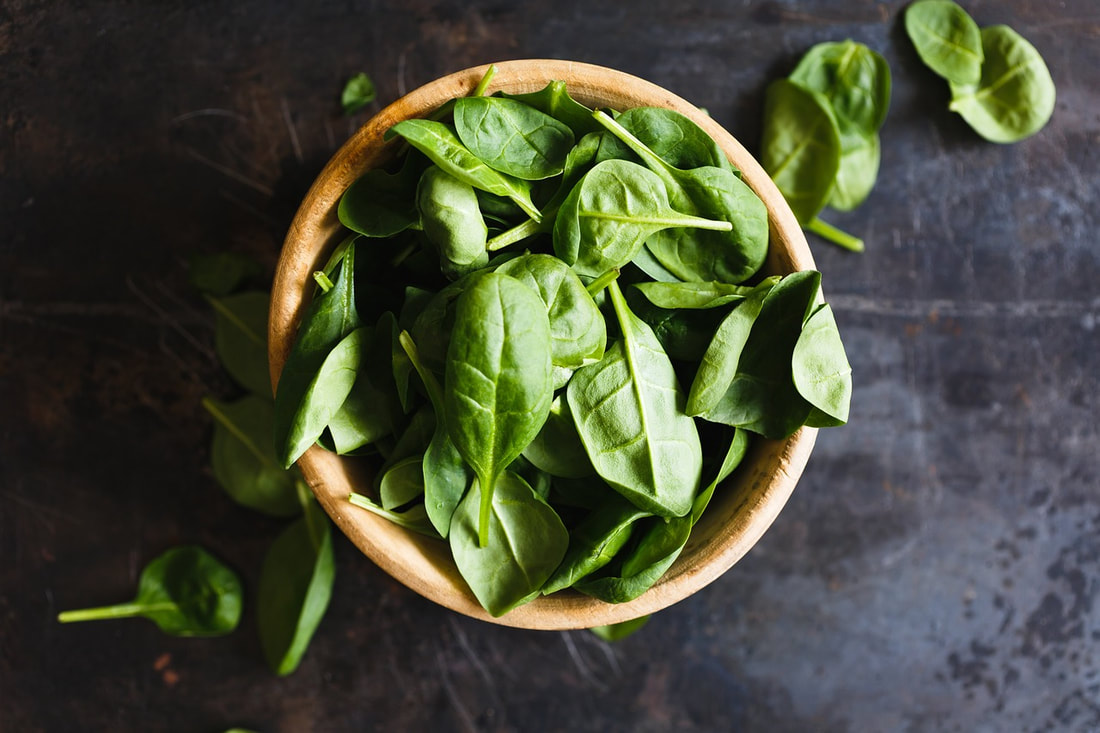
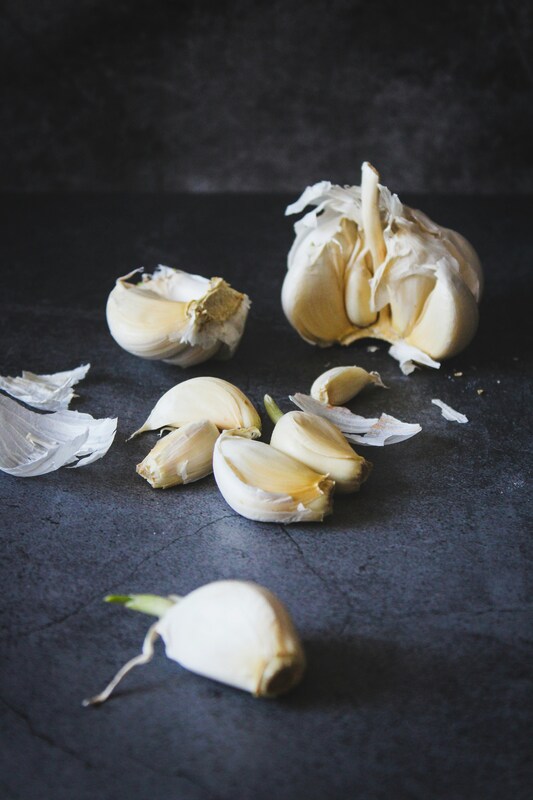


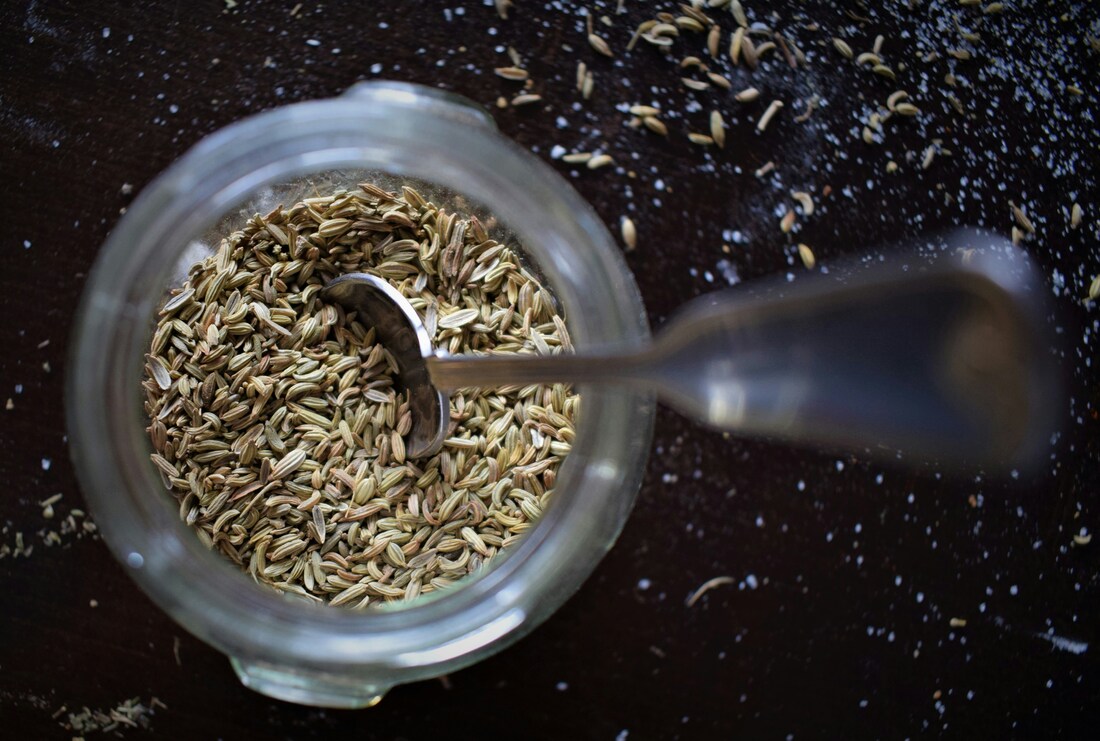

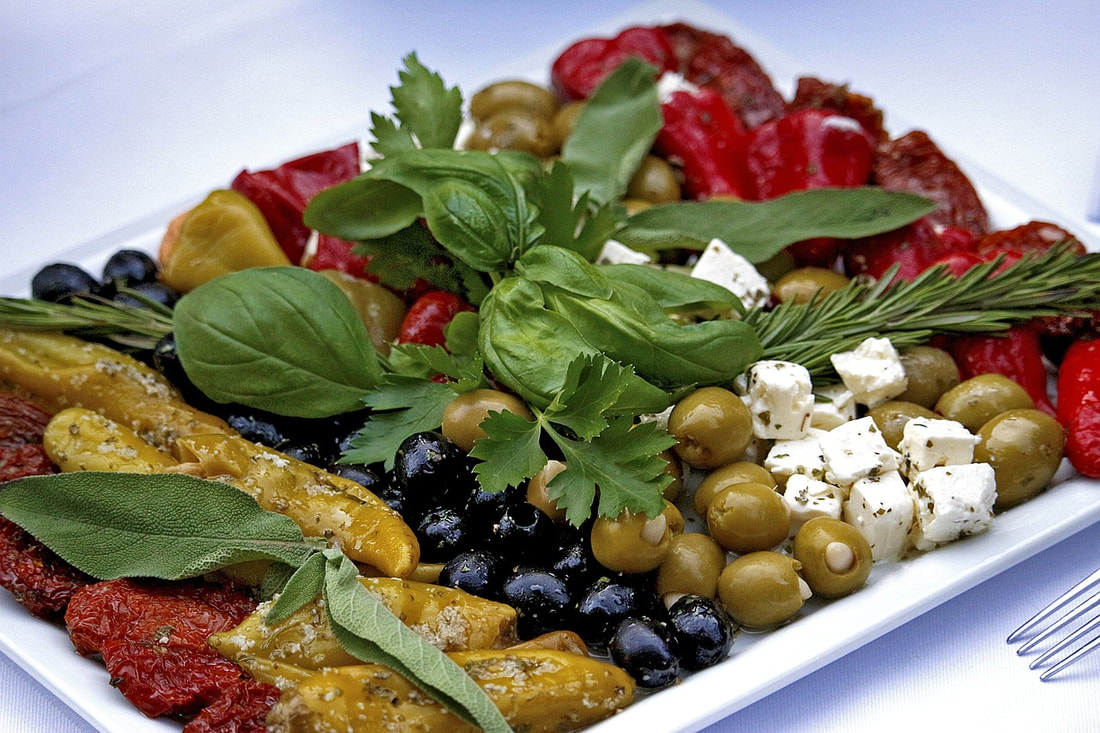
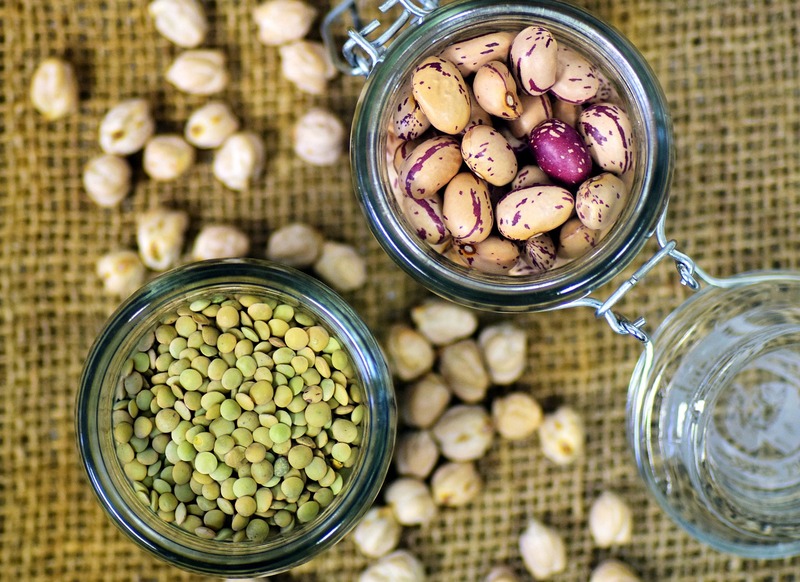
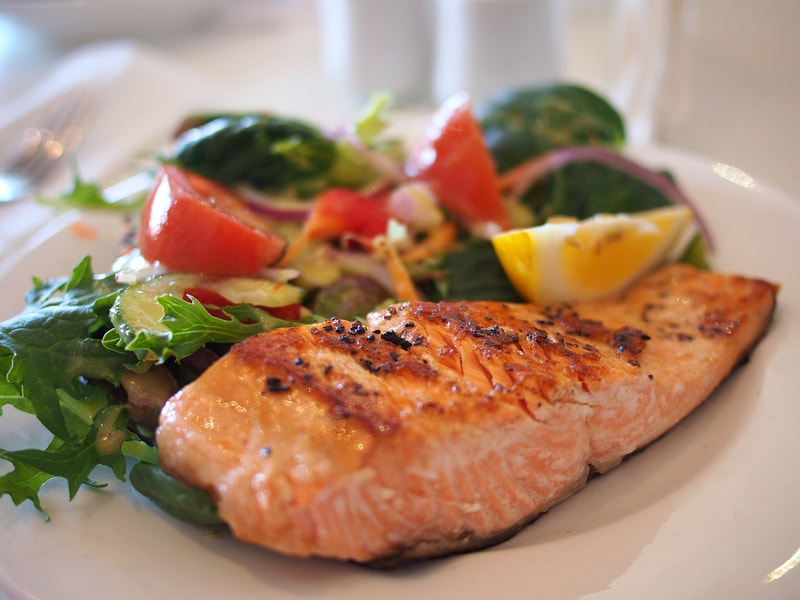
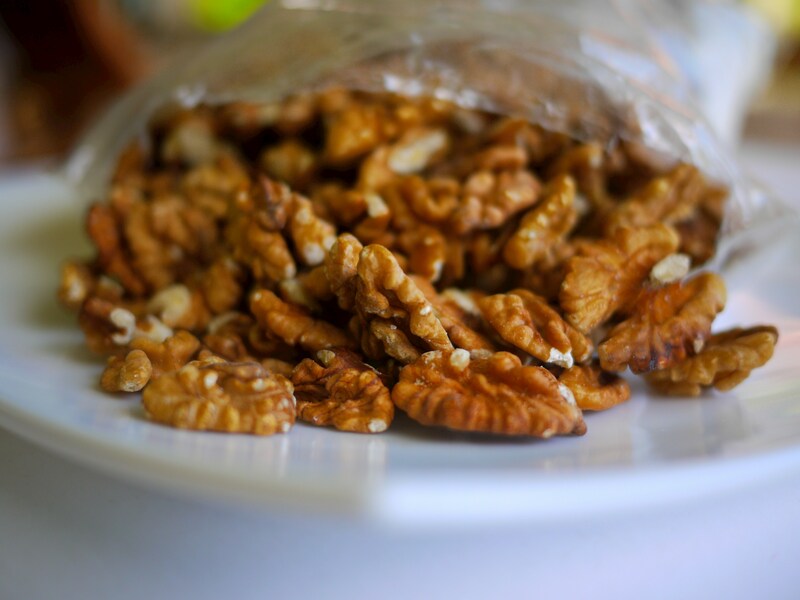

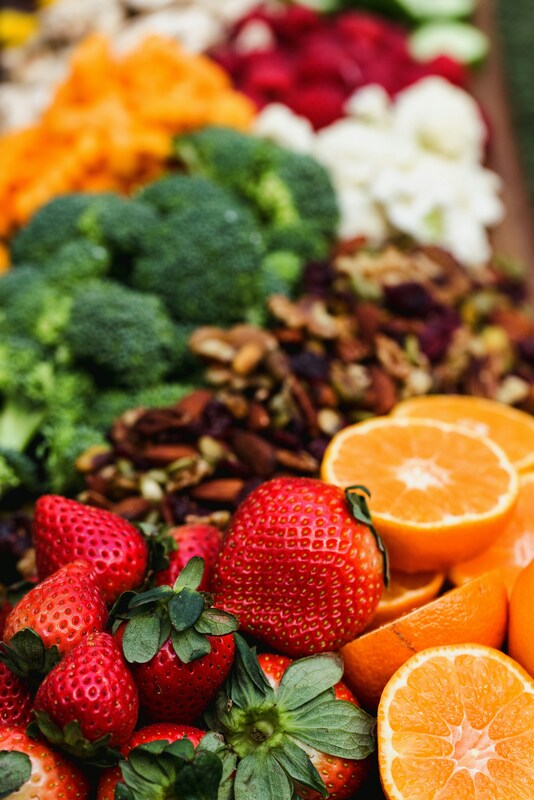
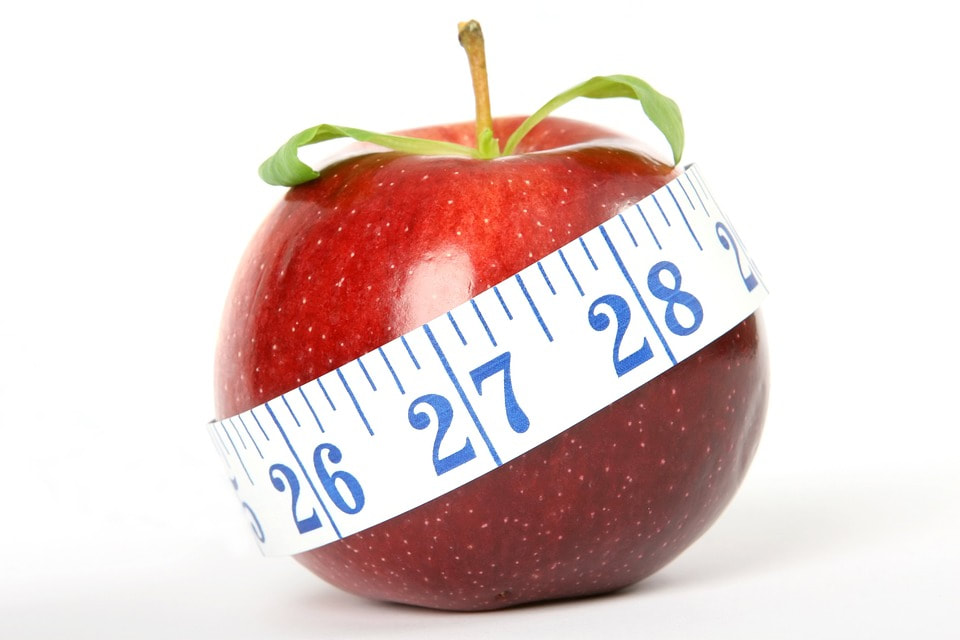
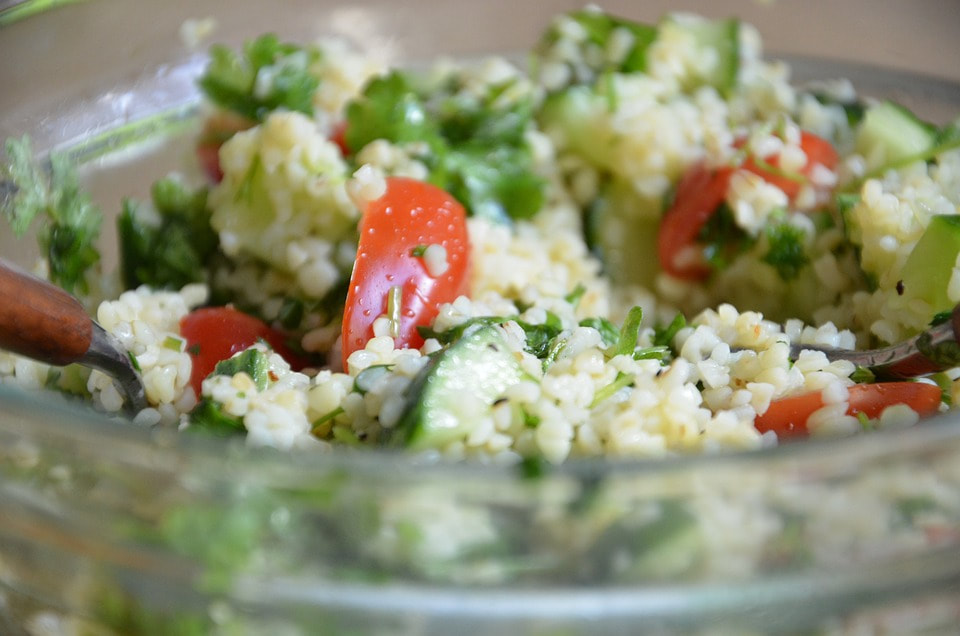
 RSS Feed
RSS Feed